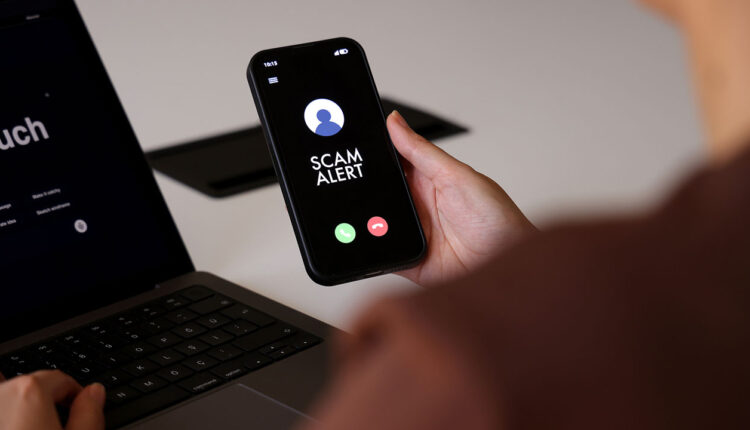
Scammers Target California Dentists With Fake Dental Board Calls
Fraudsters posing as officials from the Dental Board of California are deceiving dentists with threats of license suspension and fabricated investigations. Oral health professionals can protect themselves by recognizing red flags, verifying claims directly, and refusing to provide personal or financial information over the phone.
Scam operations targeting oral health professionals are becoming increasingly sophisticated, with recent schemes involving impersonation of the Dental Board of California. Posing as board investigators, scammers contact dentists by phone, claim their licenses are tied to criminal activity, and pressure them into cooperating with a fabricated investigation.
The fraudsters use caller ID spoofing to make it appear as though calls originate from legitimate board numbers. In some cases, dentists are transferred to individuals impersonating federal agents, reinforcing the illusion of an official investigation. Victims are manipulated into secrecy and compliance through intimidation, false documentation, and scripted professionalism. Ultimately, scammers often convince dentists to transfer funds under the guise of assisting in money laundering investigations, draining their savings in the process.
Since the board does not initiate investigations over the phone, any unexpected call of this nature should be considered suspicious. Scammers often use urgency, threats, and demands for confidentiality to prevent victims from seeking outside guidance. These tactics are designed to isolate dental professionals and increase their vulnerability.
To avoid falling victim, oral health professionals are advised to take the following precautions:
- Contact your dental board by phone or email to verify any claims.
- Never disclose personal or financial information, such as Social Security numbers, dates of birth, or banking details, during a phone call.
- Report suspicious calls to the Federal Communications Commission, particularly if caller ID displays a legitimate board number.
- Pause before responding in high-pressure situations; scammers rely on fear and reactivity to succeed.
Protecting against fraud requires vigilance. By staying alert to red flags and verifying information through official channels, dental professionals can safeguard themselves, their practices, and their finances from these deceptive schemes. Click here to read more.

